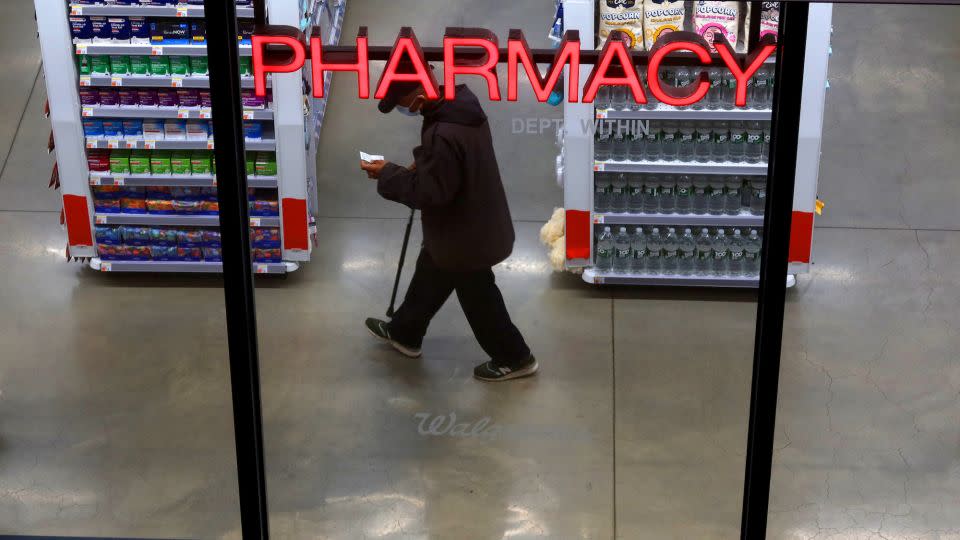Pharmacy benefit managers profit at expense of patients and small pharmacies, FTC says

Pharmacy benefit managers, which negotiate the terms for prescription drug access for hundreds of millions of Americans, are racking up profits while squeezing patients and independent pharmacies, according to an interim staff report released Tuesday by the Federal Trade Commission.
The commission, which launched an inquiry into the opaque pharmacy benefit manager or PBM industry in 2022, found that a handful of dominant players “wield enormous power over patients’ ability to access and afford their prescription drugs, allowing PBMs to significantly influence what drugs are available and at what price.”
Also, “PBMs hold substantial influence over independent pharmacies by imposing unfair, arbitrary, and harmful contractual terms that can impact independent pharmacies’ ability to stay in business and serve their communities,” according to the agency.
The six largest managers handle nearly 95% of the prescriptions filled in the US. Most of them, including the three largest – CVS Caremark, Express Scripts and Optum Rx – are owned by or connected to health insurers, as well as affiliated with pharmacies.
PBMs, which serve as middlemen in the drug supply chain by negotiating rebates with drug manufacturers on behalf of insurers, large employers and others, could be steering patients to their own pharmacies and away from independent pharmacies, the report found.
Pharmacy benefit managers have been in the spotlight in recent years, with the Biden administration and Congress seeking to increase transparency into the industry’s operations. PBMs, which keep an undisclosed amount of the rebates they negotiate, are among the players in the drug industry blamed for the rising cost of medications, which plagues many Americans.
The PBM industry’s trade group blasted the commission’s report, saying that it “falls far short of being a definitive, fact-based assessment of PBMs or the prescription drug market” and that it “is based on anecdotes and comments from anonymous sources and self-interested parties, and supported only by two cherry-picked case studies that are implied to be representative of the entire market.”
“The report completely overlooks the volumes of data that demonstrate the value that PBMs provide to America’s health care system by reducing prescription drug costs and increasing access to medications,” Pharmaceutical Care Management Association CEO JC Scott said in a statement.
One of the agency’s own commissioners also took issue with the report, saying it failed to live up to the FTC’s rigorous standard. The report was plagued by process irregularities and concerns over the substance, Commissioner Melissa Holyoak wrote in her dissent.
CVS Caremark, which handles about one-third of the market, said it stands by “our record of protecting American businesses, unions, and patients from rising prescription drug prices.”
“Our efforts have resulted in members on average paying less than $8 per 30-day supply of medication,” CVS Caremark said in a statement. “Independent analyses show net brand drug prices have declined six years in a row despite significant inflation across the U.S. economy and egregious list price increases from drug makers.”
The pharmaceutical industry’s main trade group, on the other hand, said the commission’s report shows how PBMs are driving up costs.
“The veil continues to lift exposing the ugly truth that PBMs put profits before patients at every turn,” PhRMA spokesperson Alex Schriver said in a statement. “The FTC report makes it clear: PBMs have outsized control over what medicines people can get and the price they pay at the pharmacy counter.”
For more CNN news and newsletters create an account at CNN.com


